Manchester United confirmed the appointment of Ruben Amorim as their new head coach on Friday afternoon.
Like the appointment of any new man in the dugout at any club, his arrival leads to more questions than answers. Can United back him in the transfer market? How does this differ to Erik ten Hag’s arrival? And what does this mean for the players already in situ at Old Trafford?
The Athletic asked our readers to send us their pressing questions — with our experts Mark Critchley, Carl Anka and Mark Carey answering them below.
Ben M. asked: Erik ten Hag was the “manager” but Amorim is being billed as the “head coach” — why the difference? Is this INEOS settling on a way forward and saying to Amorim take us this way? Or is this not giving him both reins, so to speak? Like not having full control of selections, etcetera?
Mark Critchley: That difference in job title is indeed interesting to note Ben but it was to be expected. INEOS think of the manager role as one part of an overarching structure, with responsibility for on-pitch matters above all else. Their ‘head coaches’ at Nice and Lausanne both operate under the same title.
That suggests Amorim will have more of a limited scope of responsibility than previous United managers. I think we can be certain he’ll still select the team! But Ten Hag famously had a veto over transfer targets written into his contract, for example — which is the type of power INEOS would prefer to lie further up the chain of command.

Ten Hag had the job title of manager at United (Justin Setterfield/Getty Images)
Scott M. asked: I’m optimistic about this appointment, but there are marked similarities between this and the appointment of Ten Hag two years ago. Both in demand, both lauded in their home country having had tangible success — how will this be any different?
Carl Anka: This is a good question Scott, and I understand any hesitancy United fans have about the news. Every post-Ferguson manager has been lauded as a potential messiah, only to get subsumed by a combination of problems.
The difference here will largely come down to the choices Amorim makes. Ten Hag spent a lot of money accumulating former Ajax players at Old Trafford, only to say in 2023-24 that United will never play like his former side. For some reason, the things that made him good slowly ebbed away, and his weaknesses came to the fore. For Amorim to be different, he’d be wise to stick with what has worked for him at Sporting, rather than throw them out when faced with adversity. The fact he is a head coach, rather than a manager, means he should (in theory) have more time to dedicate himself on the training ground, refining his 3-4-3.
He also appears to have a better idea of how to coach a midfield, which is something Ten Hag had trouble with once Casemiro encountered injury and suspension issues.
David N. asked: In the system Amorim plays and considering our financial constraints with buying new players, do you think it would be more beneficial to play or sell Rashford? I don’t see a truly natural role for Rashford to excel in. It might be a case of forcing him in and hoping for the best.
Mark Carey: Rashford will undoubtedly have to adapt to Amorim’s style of play.
Amorim’s insistence on a wing-back system means that Rashford could either play more narrow as one of the dual No 10s in Amorim’s 3-4-2-1, or play through the middle as an out-and-out centre forward.
His skill set probably doesn’t lend itself to the former, as Rashford typically thrives when given space to run into rather than intricate passes in tight spaces. He could do well as a central striker in making those channel runs that stretch the opposition back line, but you would suspect that Rasmus Hojlund’s profile is most suited to Amorim’s system — akin to his use of Viktor Gyokeres at Sporting.
I agree that Amorim’s system is unlikely to suit Rashford’s biggest strengths. Is there a world where Rashford can transform into a marauding wing-back? Unlikely, but something is going to have to give, whatever happens.

Rashford’s role under Amorim is unclear (Michael Regan/Getty Images)
GlowgroupIreland asked: Will Ruud van Nistelrooy stay on as part of the coaching ticket, surely that would be a weird situation for the players to have a new manager but staff from the old regime in with a new management team?
Critchley: Van Nistelrooy has not made any secret of his desire to stay on, even saying that he is willing to do so “in any capacity”. But Amorim would ideally like several members of his Sporting coaching staff to join him in Manchester, including all three of his assistants: Carlos Fernandes, Adelio Candido and Emanuel Ferro.
That leaves a question mark over Van Nistelrooy’s future beyond these next three games and also raises doubts about the other coaches who joined as part of United’s backroom revamp this summer.
Even if Van Nistelrooy’s return is to prove short and sweet, he has at least been given an opportunity to impress in his four games in charge, winning the first handsomely. A good run between now and the November international break should help if he is seeking other opportunities once Amorim takes charge.
Stuart L. asked: I’m sceptical about this reported insistence on 3-4-3. When you’re essentially picking 5 defenders every game, in a system that doesn’t really use wingers, there’s no way you’re keeping Garnacho, Amad and in particular Rashford happy in terms of game time. Which of those (plus Antony) is going to be leaving in the summer?
Carey: While I do agree in principle, I would say that Amorim does like his wing-backs to stay high and wide — so those positions could be viewed as attacking players who need defensive discipline, rather than vice versa.
I do find it interesting that the main positives at United in the past 12 months have been the attacking threat of their wide attacking forwards, often cutting inside on their stronger foot. That is unlikely to be the case under Amorim, where he will favour wing-backs playing on the outside, with narrow No 10s in the half-spaces.
You would suspect Antony’s time might be up, but I certainly think there is space for Rashford to adapt in some way.
It might be a disaster, but could a wing-back duo of Amad (left) and Garnacho (right) excite United fans? They are young and versatile enough to be moulded into that new system, with the right coaching.
Anka: It’s also well worth remembering that United — even in their less-than-excellent form — are expected to play a lot of games between now and the end of January.
League Cup, FA Cup, Europa League group phase (and a likely play-off round) means there will be minutes to go around.
Yes, a 3-4-3 will likely mean at least one forward/winger will be the odd one out and have to make do with the bench. If Amorim opts to play one passing forward and one direct runner behind a centre forward then Garnacho/Rashford and Mount/Antony are likely to become competitors for fixed positions.
However, there should be some minutes to go around and allow the new coach to get a decent look at everyone before cutting their cloth accordingly.
(That said, if you were one of Antony’s advisors, you might want to ask him if he fancies playing LWB for a little bit, due to the decreased competition there.)

Could Antony become a wing-back under Amorim? (Adrian Dennis/AFP via Getty Images)
Mica G. asked: Our Under-18s are flying currently. Do you see Amorim looking to that side for potential better fits, and who do you think could make the step up?
Anka: The first team squad is likely set for some seasons of churn with Amorim’s arrival. Assuming he sticks with his 3-4-3 (no guarantee, but you would certainly hope he doesn’t compromise on his ideals early), some work will be done to avoid a square peg/round hole situation.
United’s financial situation means the new head coach could be more inclined to look to the academy, as well as ask Dan Ashworth to identify and recruit players. It is too early to say whether the likes of Harry Amass and Chido Obi Martin will be fast-tracked to the first team.
However, keep an eye on the wingers coming through. Amorim has a history of developing young wingers at Sporting and shaping them more into a wing-back profile, able to get up and down the flanks delivering crosses, but also passing and receiving the ball in the half-spaces. First, it was Geny Catamo, then it was Geovany Quenda. If a young player is willing and has potential, who knows?
John M. asked: Theoretically could Wilcox/Ashworth suggest, or even demand, Van Nistelrooy play a 3-4-2-1 formation so the players can start to get used to it? Or could this be detrimental if Van Nistelrooy isn’t comfortable coaching this formation due to having his own ideas?
Carey: I’m not sure that a few weeks of pretending to play like Amorim’s style will be beneficial before he walks through the door. Nor do I think that Wilcox or Ashworth would be fair in telling Van Nistelrooy what formation to play while he is interim manager.
It’s clear United are in a state of flux until Amorim arrives. That delayed starting date is not ideal for anyone, so I think it will just be a case of focusing on the Chelsea, PAOK and Leicester performance in the current system and waiting for Amorim to instil his ideas when he is able to.
Jamie M. asked: What would be the lowest finishing league position that would constitute a good season?
Anka: [Puffs cheeks, does big shrug]. United are six points off fifth ahead of facing Chelsea on Sunday. If Amorim can make up that gap by the end of the season, I’m sure United fans would be delighted/pleasantly surprised. A league finish/cup triumph that earns qualification for European competition next season would help with operating costs and FFP considerations.
But judging Amorim by league position already would risk putting the cart before the horse. This is an appointment for the long haul. Put on your helmet, strap in your seat belt, and wish the new man good luck going forward.

Would it be unfair to judge Amorim by league finish this season? (Erwin Scheriau/APA/AFP via Getty Images)
Alex C. asked: Do United have funds to improve the squad in January with the sacking of Ten Hag and appointing Amorim? As we know, this squad lacks the technical and tactical ability, and energy to deliver high-pressing attacking football.
Critchley: Ten Hag was compensated with a figure of around £15million. United have paid a confirmed €11m to secure Amorim.
Add in the price of any changes to the coaching staff and that’s a lot of exceptional costs that the club were not counting on just a few months ago. To say nothing of the wider restructuring behind the scenes.
After a total spend of around £200m in the summer and five consecutive years of losses in the accounts, the purse strings were always likely to be tight in January and there’s no reason to believe that has changed.
United do not generally spend in the winter window anyway — the last permanent January signing was Bruno Fernandes back in 2020. And so Amorim may have to wait until the summer before he can rely on significant reinforcements to the squad.
Dipan M. asked: We’ve seen a lot about how Amorim’s teams play (formation, patterns of play etcetera) but how good is his in-game management? This season we’ve seen Ten Haag’s tactics work in the first half, even though we don’t score, but then the opposition managers make tactical tweaks for the 2nd half and then we look like we don’t know what we’re doing. I’m curious to know just how tactically flexible he is…
Anka: Honestly, this is something we’ll have to wait and see before we find out. Amorim’s record in European competition carries some slight worries, but we only have a vague/theorised idea as to what his Plan A for United will be, let alone his Plan B or C.
The Premier League is one of the most physically intense and tactically varied leagues in the world. There was a sizeable period of Ten Hag’s reign where it appeared he had trouble recognising opposition managers had the potential to be as clever and adaptable as he is.
To paraphrase a famous boxer, everyone has a plan until the opposition makes a half-time double substitution. Kieran McKenna will be the 39-year-old’s first adversary. I’m sure he has plenty of ideas on how to deal with Fernandes, Rashford et al…
(Top photo: Zed Jameson/PA Images via Getty Images)

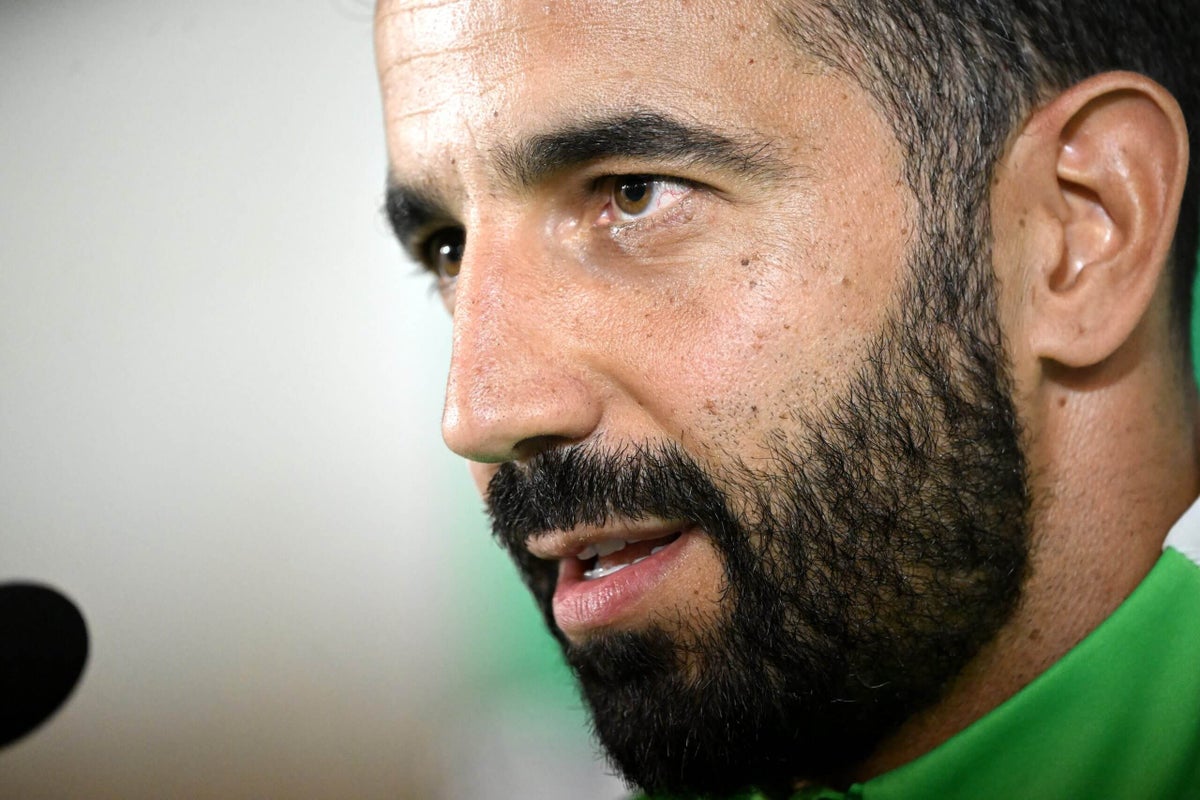
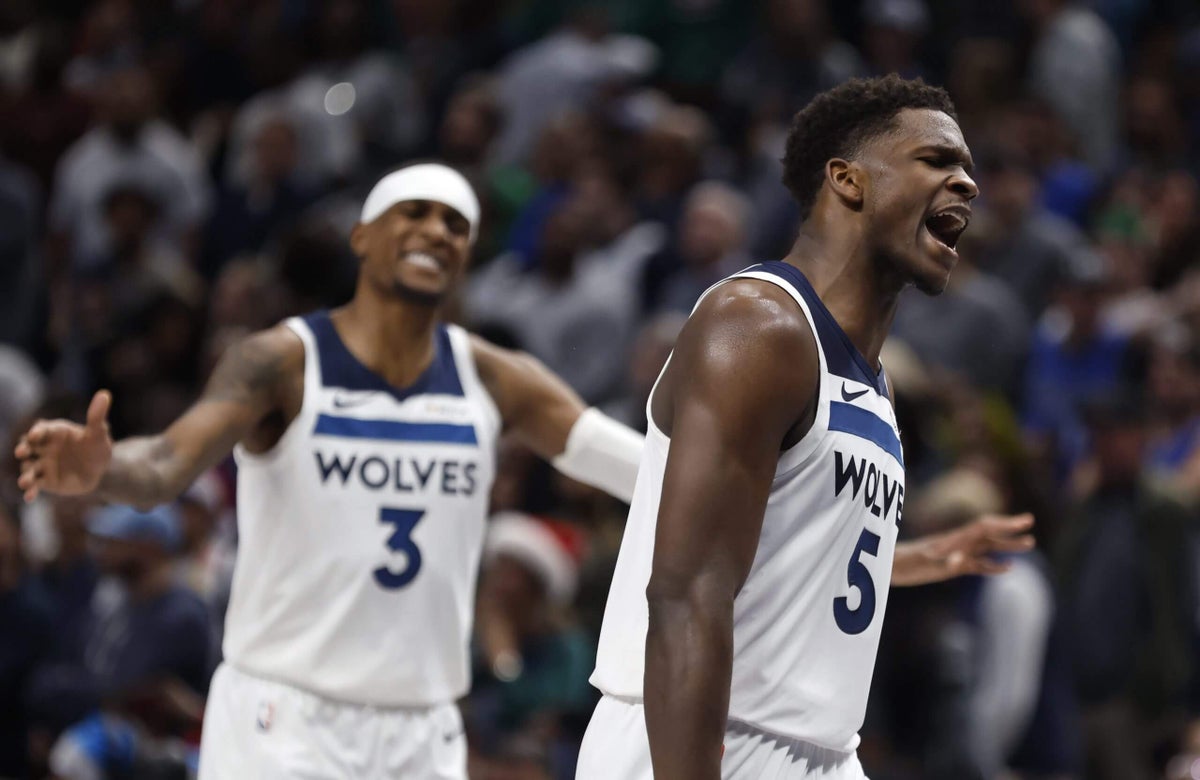
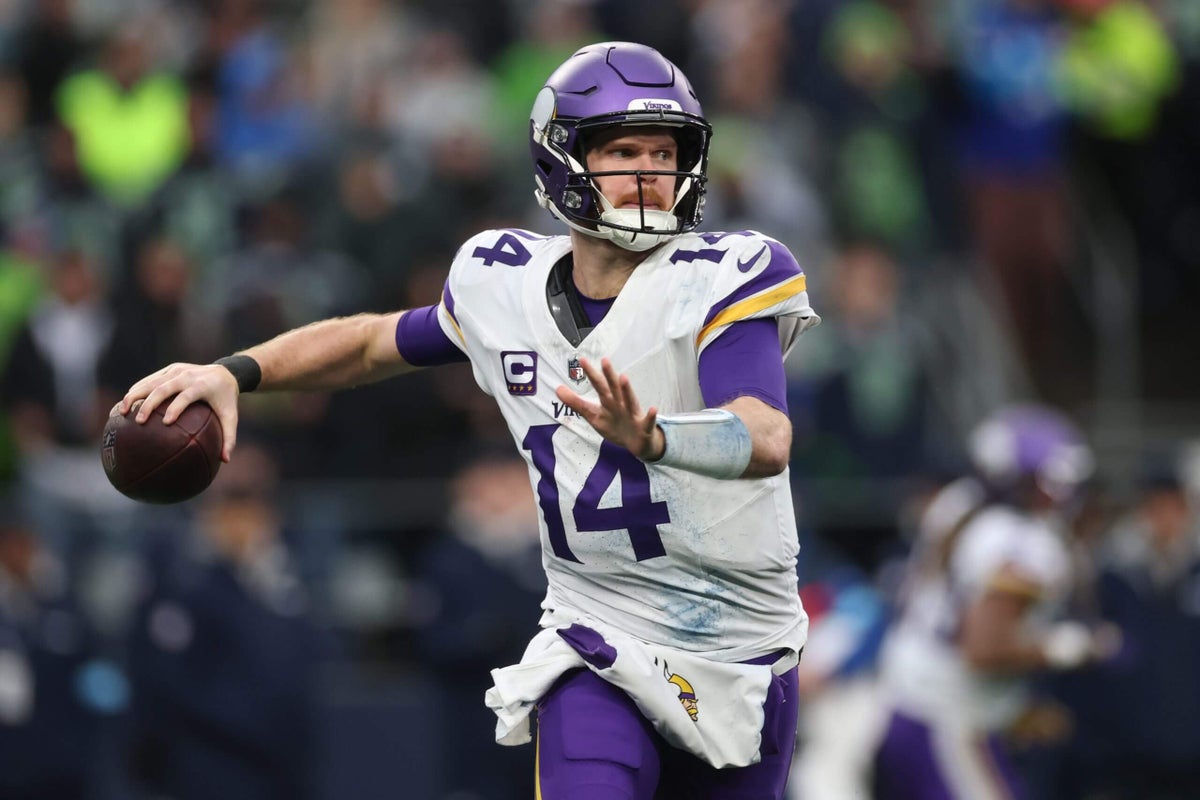
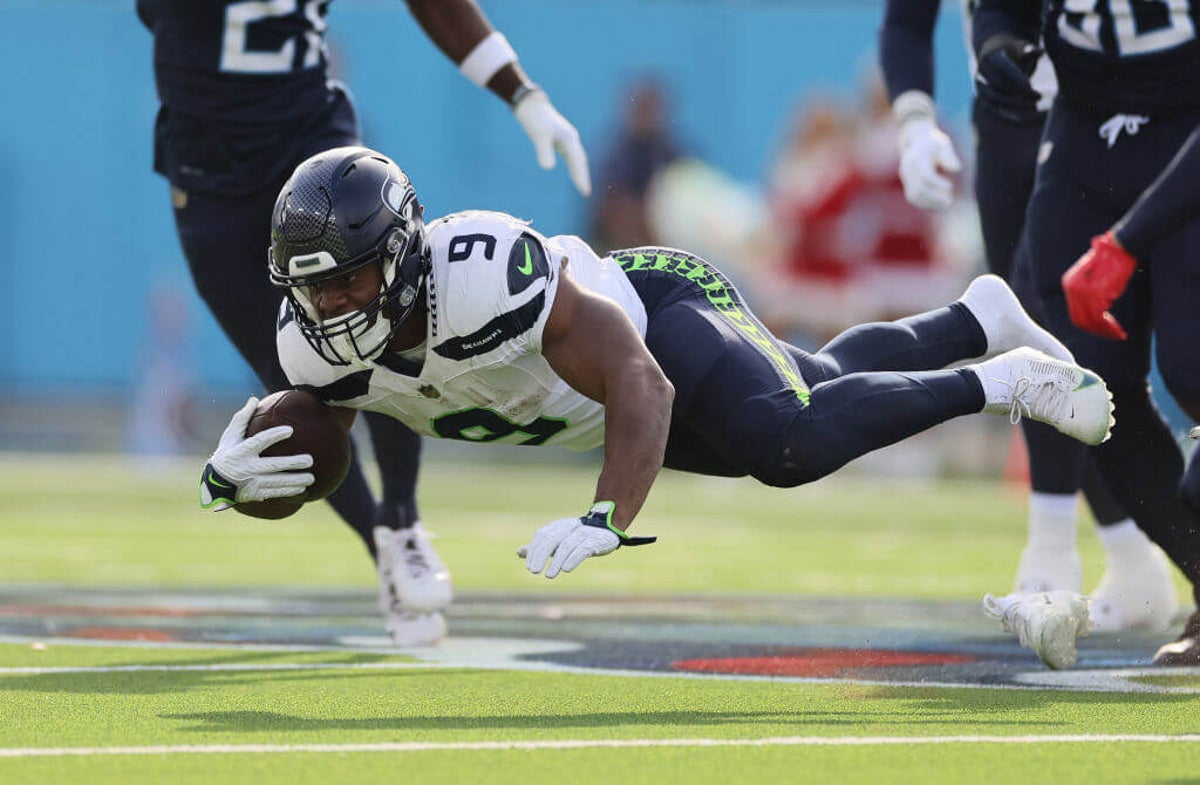
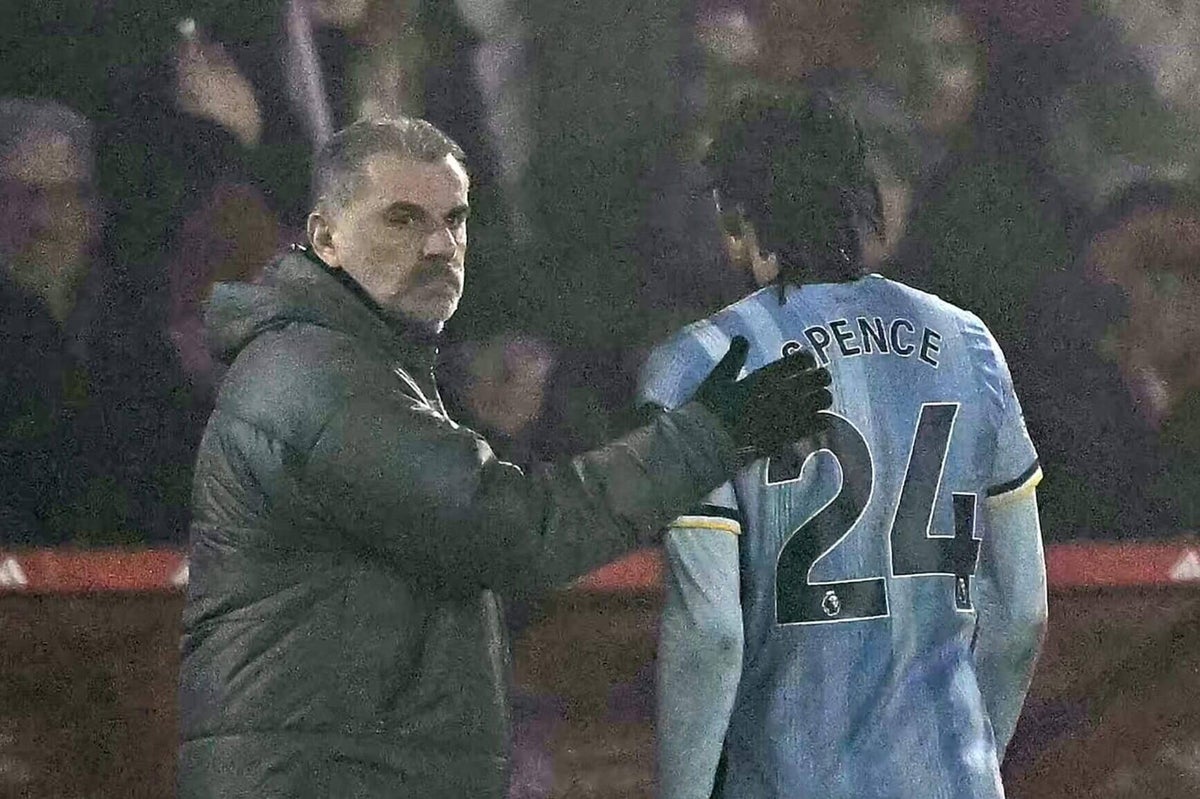
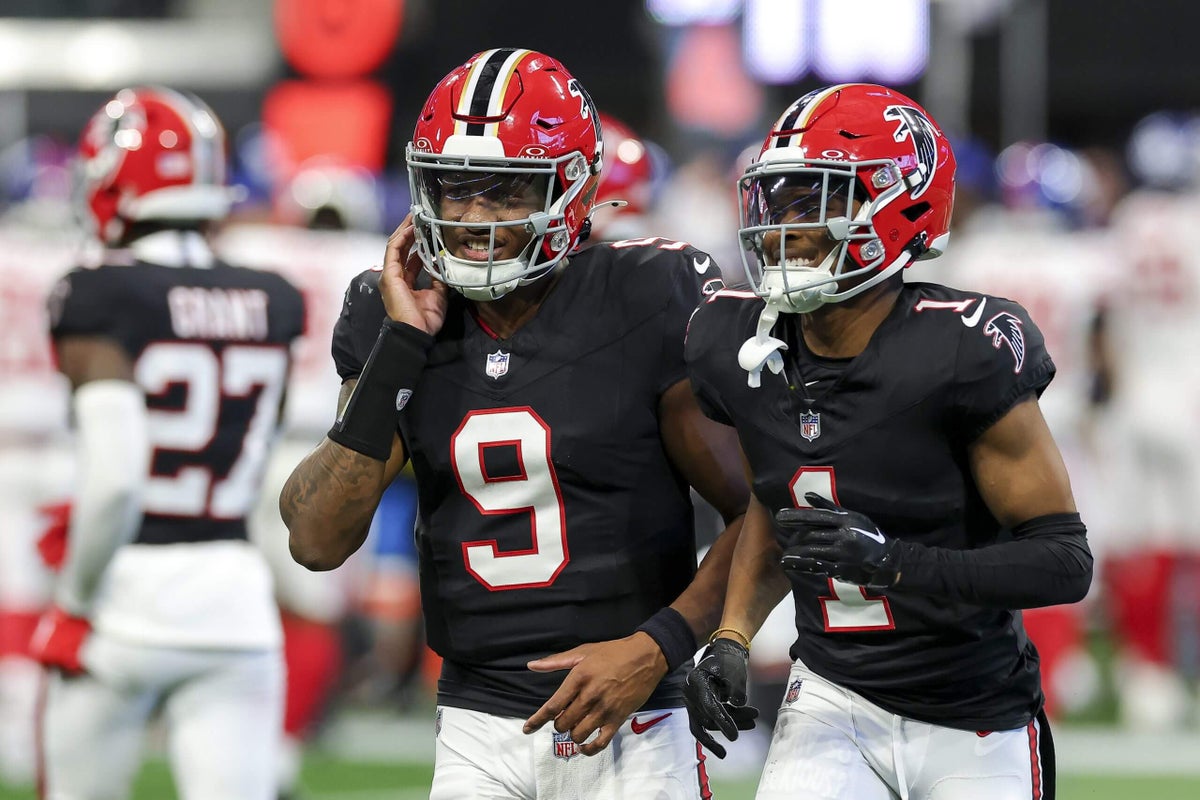
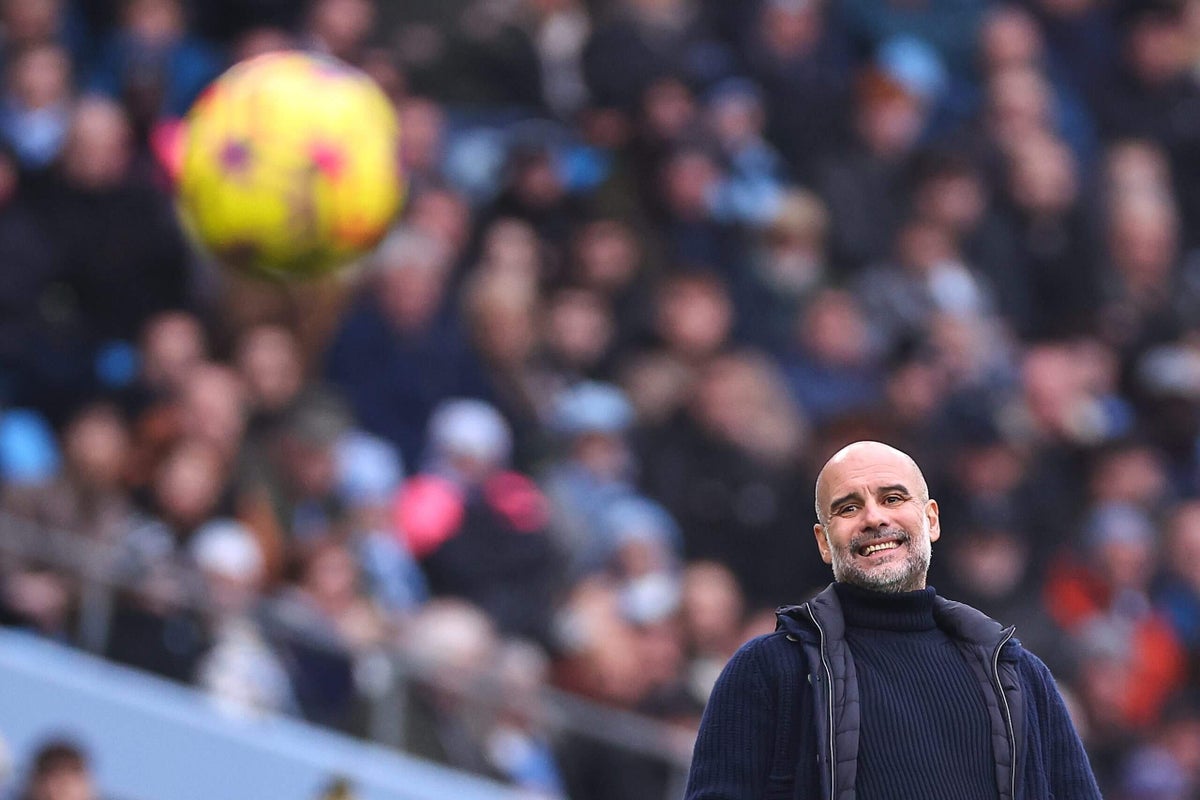

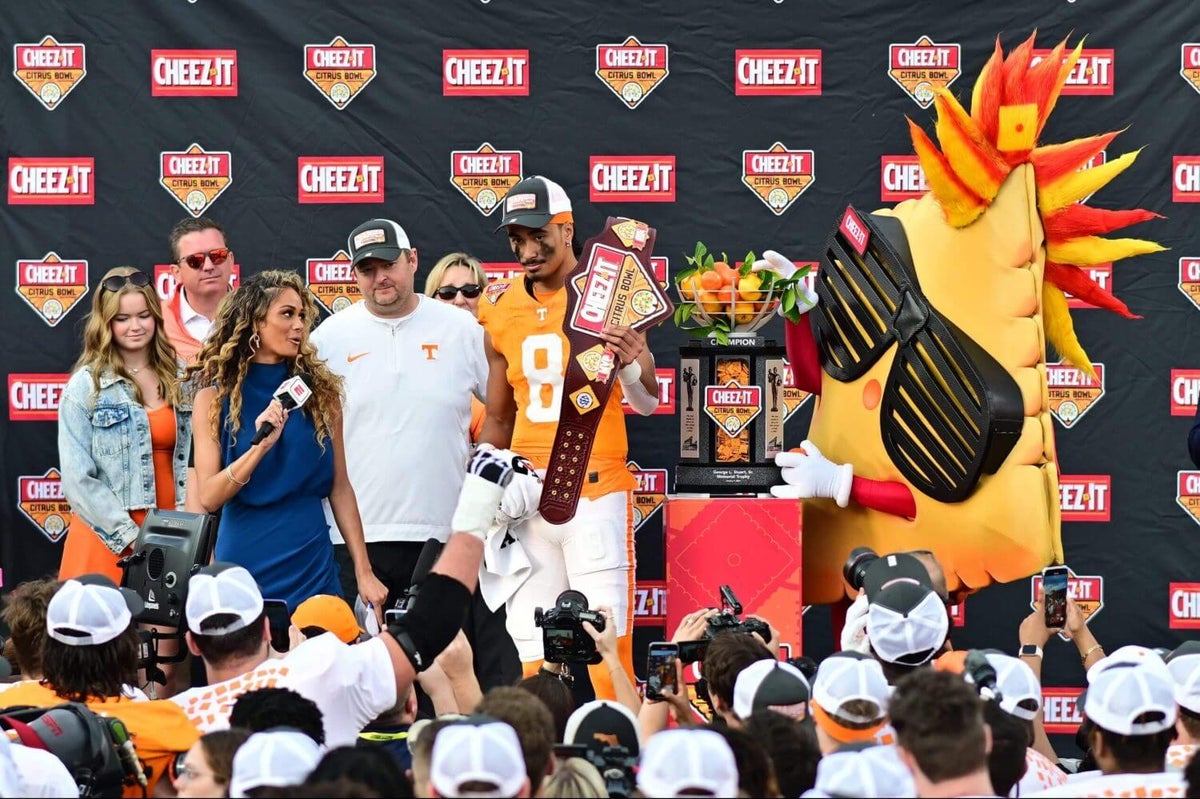
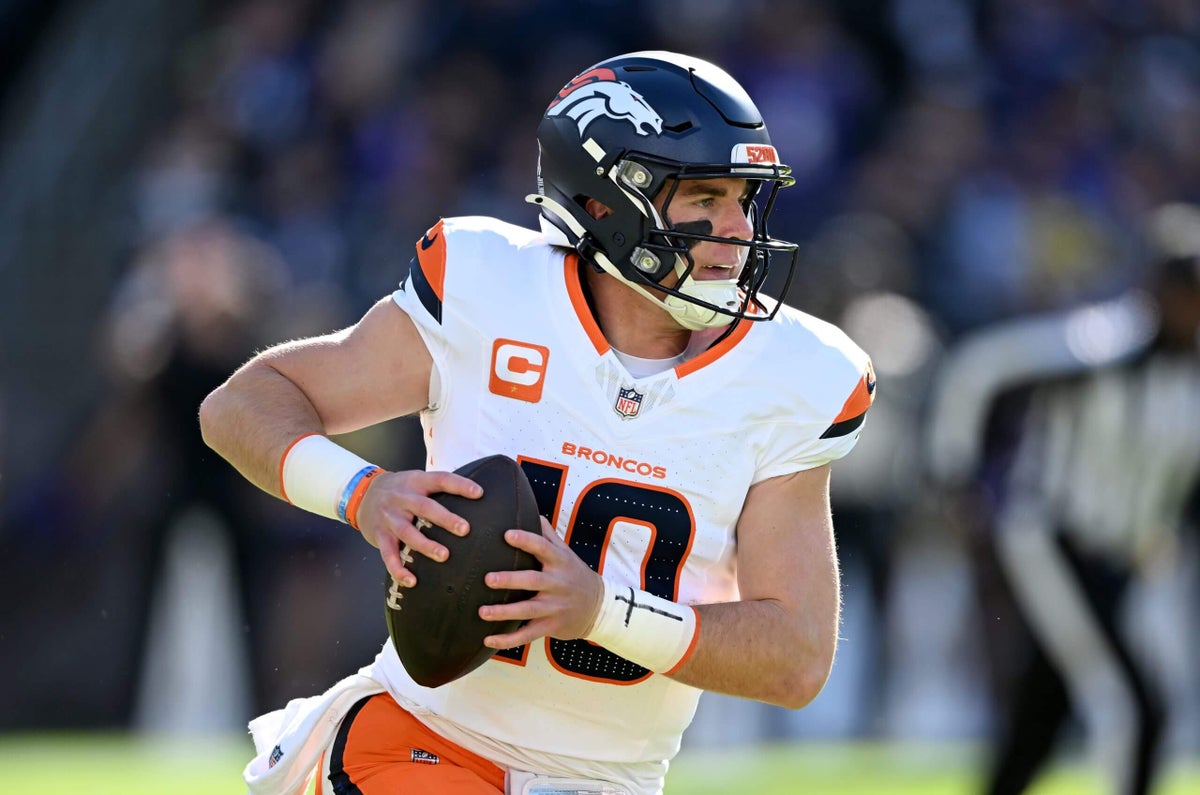
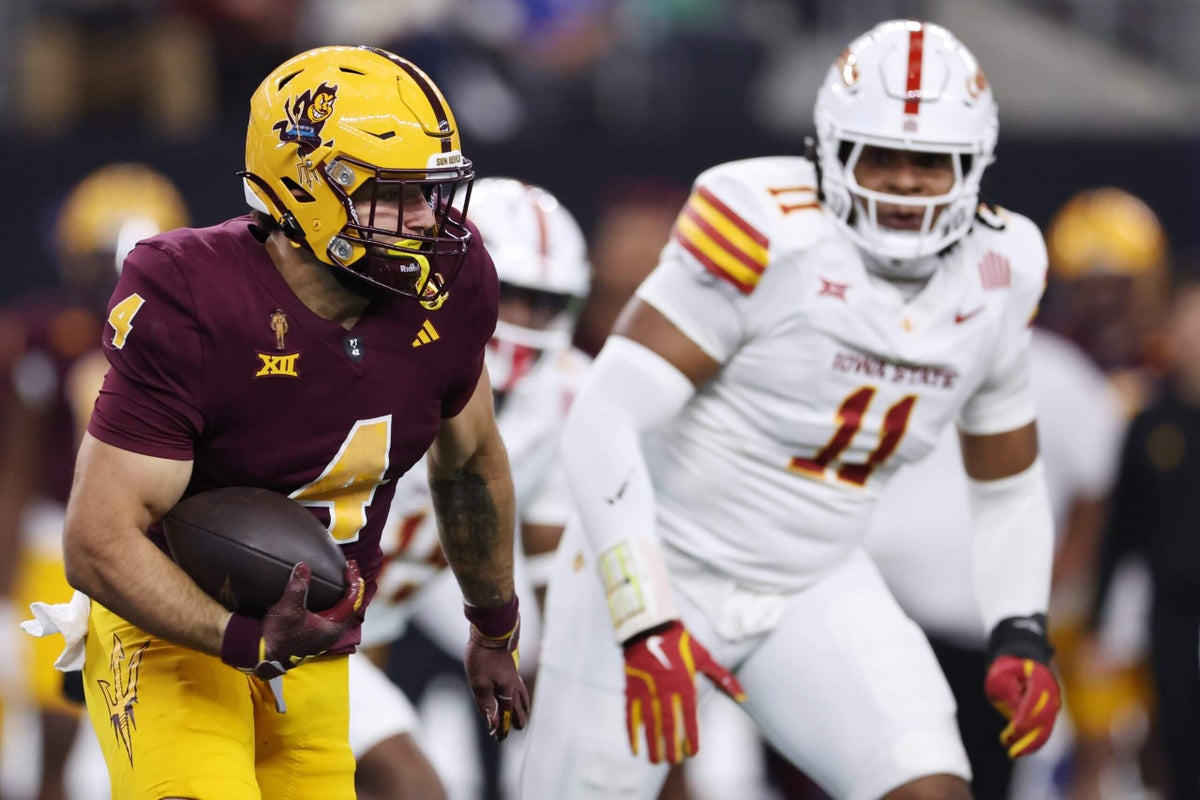
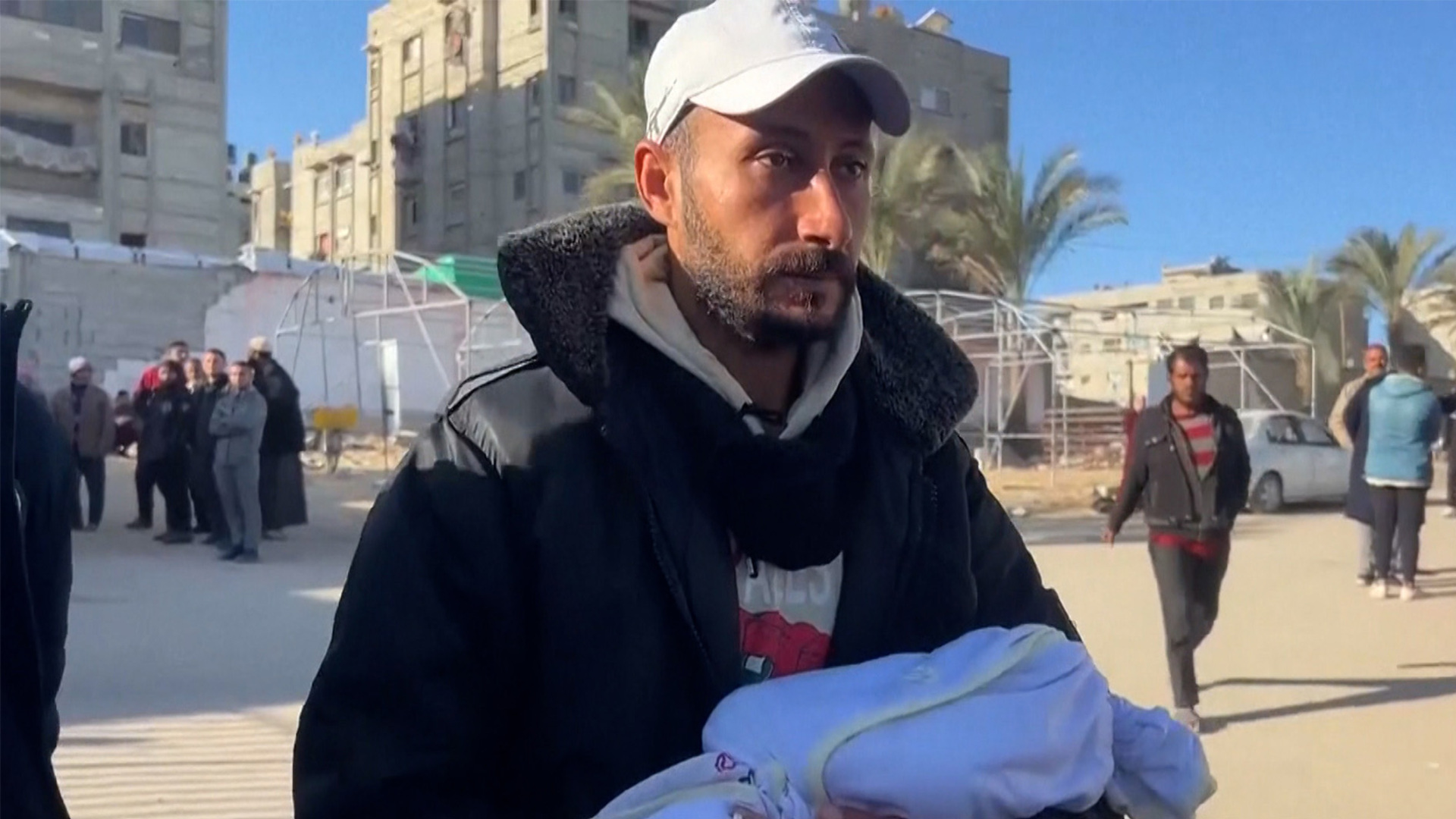

Leave a Reply